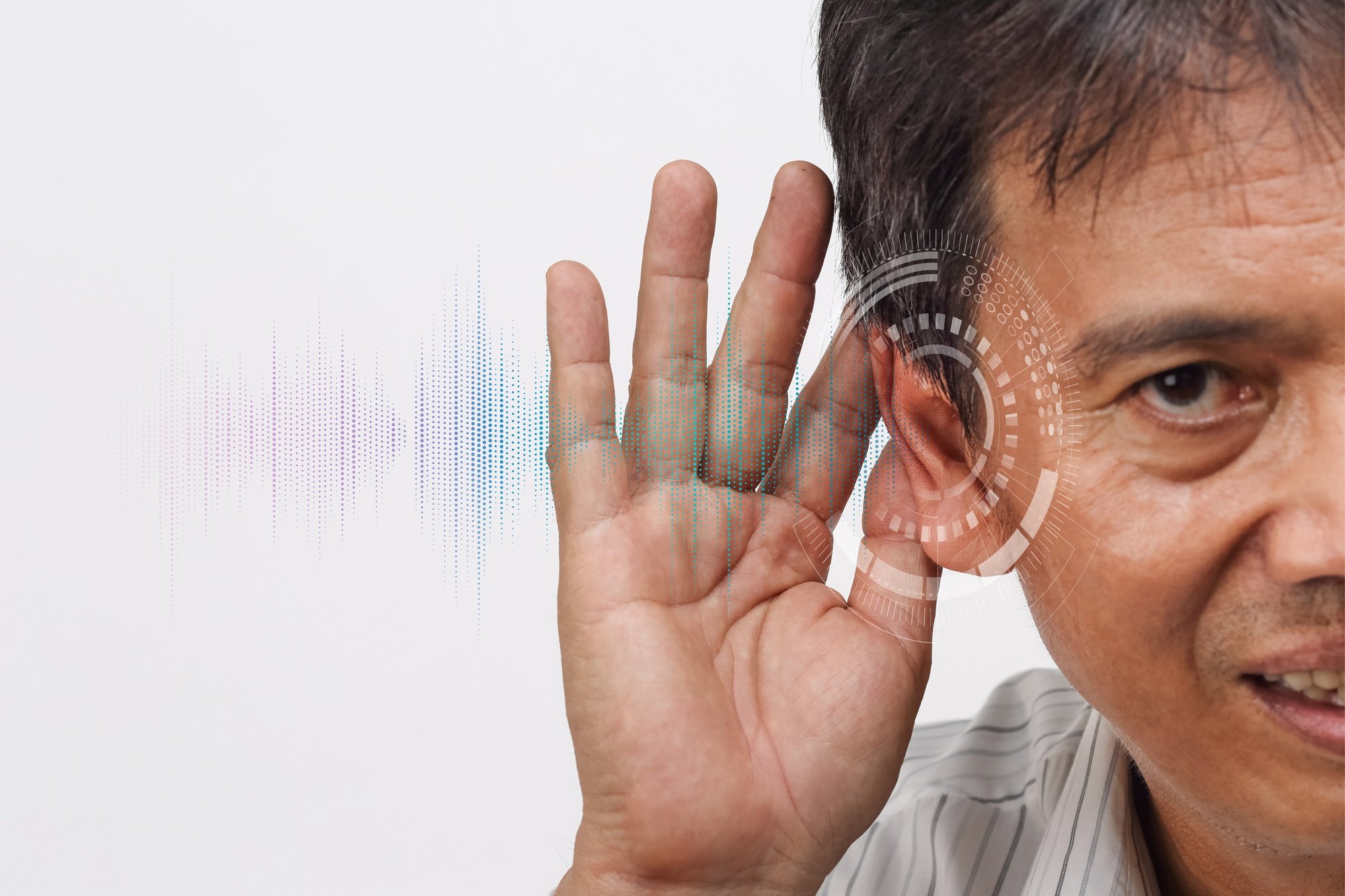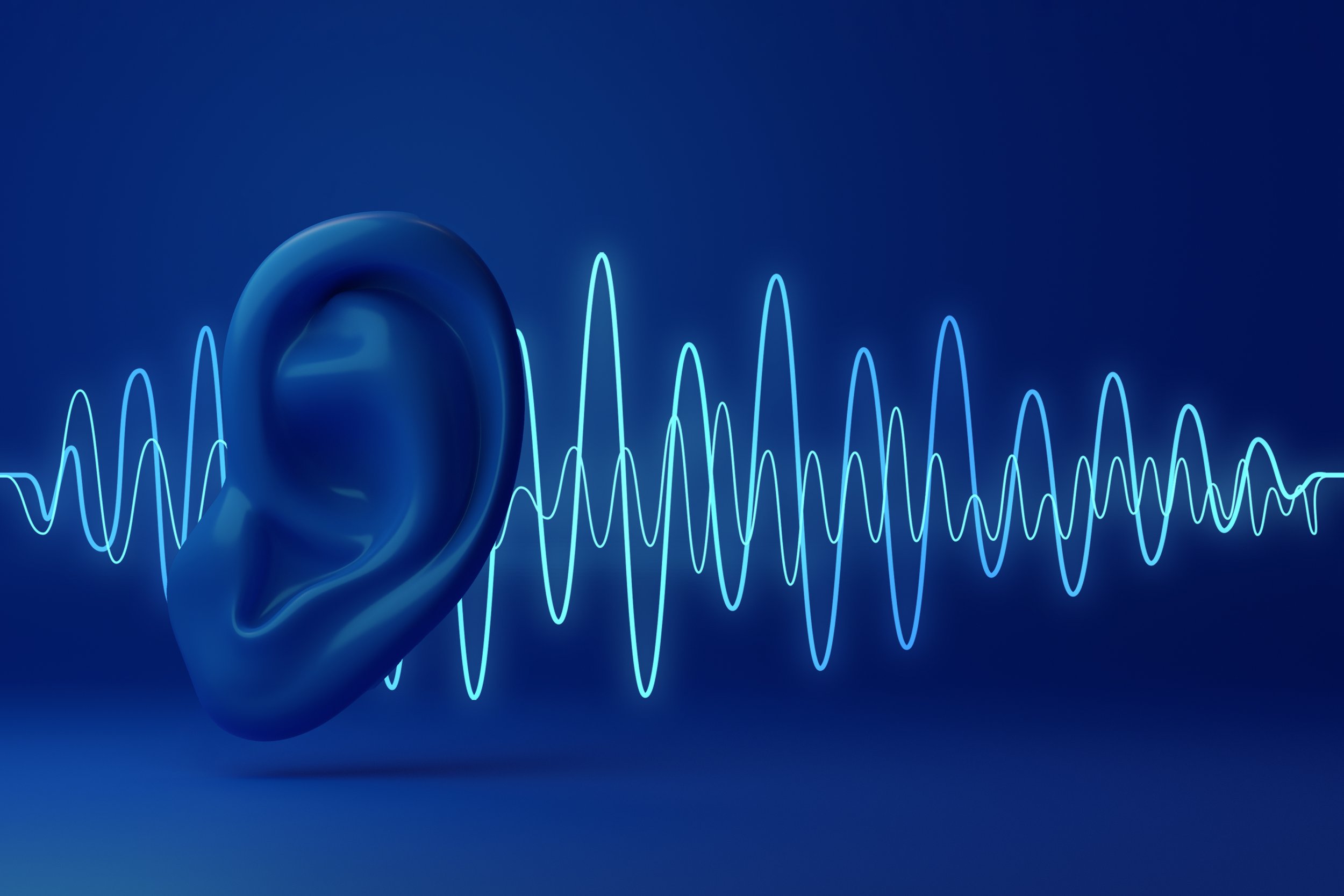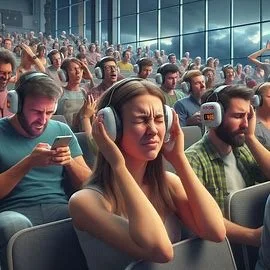
About Us
Dr. John Li, MD is a Neurotologist (Ear Doctor)
Flight Surgeon for the USAF
"I have seen too many patients get permanently damaged by loud concerts, loud weddings, Churches and industrial noise.... and the problem is, people just simply don't know. Some don't notice that their hearing has been forever altered. Some don't know what levels are harmful and so they keep going back for more."
“As an Air Force Flight Surgeon, I have the privilege of flying in very LOUD Air Force Fighter Jets......However, it is actually quieter in the cockpit than it is at some music venues I have visited!"
A graduate of Jefferson Medical College in Philadelphia, Dr. Li completed his internship at Pennsylvania Hospital and his residency in Otolaryngology at Loyola Medical Center. Dedicated experience in ear surgery was obtained at the Alaskan Native Medical Center where chronic ear disease was prevalent among the Eskimos. Dr. Li also participated in the Visiting Doctors Program at the House Ear Institute.
-
Dr. Li is best known for his clinical work in Ear Diseases, Hearing Loss and Vertigo. Patients have been known to travel from all around the country as well as around the world for consultation. He has authored or coauthored several chapters in ENT textbooks and over a dozen manuscripts in the medical literature. He is also a Medical Illustrator. (see some of his illustrations here). Dr. Li instructs at the yearly American Academy Of Otolaryngology meetings, about various hearing, dizziness and balance issues. He has been invited to teach at many ear surgery and vertigo courses throughout the country as well as internationally.
He is passionate about treating and avoiding hearing loss. He does cochlear implants for deaf people. He was selected as one of about 10 US sites to do the world's first totally implantable hearing device.
Dr. Terry Lyles is a Psychologist, Author, Podcaster, Influencer.
Dr. Terry Lyles holds a Ph.D. in psychology and is recognized as a national/international educator, author and speaker to universities, schools, Fortune 500 Companies, world-class athletes, and public audiences. He teaches groups of all ages how to Navigate Life Storms through life balance training.
Dr. Lyles has trained hundreds of individuals including Fire Rescue workers in and around Ground Zero, International Forensic Medical teams in the Asian torn Tsunami area and the United States Air Force Space Command, sharing his time-tested, scientifically measured approach to stress utilization. Dr. Lyles also works with the Veterans Administration with individuals dealing with PTS and suicide prevention.
Major corporations have also benefited from this training technology such as DaimlerChrysler, Banana Republic, Macy’s West, Pfizer, Universal Studios and Tommy Hilfiger, to name just a few. Dr. Lyles has appeared on NBC, ABC, USA Today, CNN, Headlines News, The Big Idea with Donny Deutsch and FOX NEWS, and in U.S. News & World Report as a Corporate Performance Enhancement and Life-Balance Specialist, and hosted a premiere talk show sponsored by Success Magazine, and was heard as the “Stress Doctor” in South Florida.

Surprising Facts About Hearing
“Yeah, yeah… loud noise causes hearing loss. Yawn. Eye roll.”
That’s the reaction most people have. We’ve all heard it before. But what if everything you thought you knew about hearing loss was dangerously outdated?
For a long time, scientists believed hearing loss was all or nothing: your inner ear cells were either alive and working or completely dead. So if you went to a super loud concert, had ringing or muffled ears after, but felt fine the next day—you probably figured your ears bounced back and you're in the clear. No big deal, right? Bullet dodged. All good.
FAQ’s
Why Do People Still Choose Loud Music?
If loud music can damage your hearing, why do so many people still crank up the volume? Here are a few reasons—and why they don’t hold up.
-
Many people simply aren’t aware that loud sound can permanently harm their hearing. It's not taught in schools. It’s rarely mentioned in public health messages. That’s why EarAware exists: to raise awareness before it’s too late. Think of it like sunscreen. Decades ago, people tanned and burned without ever thinking about skin cancer. Once the risks became common knowledge, sunscreen and shade became the norm. The same needs to happen with hearing protection.
-
You went to a loud concert, maybe had some ringing in your ears afterward—but you didn’t go deaf. So you assume you’re immune. You're not. Everyone has a different level of sensitivity to sound, but at high enough volumes, everyone is vulnerable. Damage can happen without pain, without visible injury—and without you realizing it until it’s too late. Hearing loss can be silent. And permanent.
-
Hearing loss often feels like a distant problem—something that might affect you someday, maybe in old age. But that’s like saying you don’t need to brush your teeth because cavities take time to develop. By the time you notice hearing loss, it’s already done. And once it’s gone, you can’t get it back.
-
Hearing loss doesn’t just mean turning up the TV. It can isolate you from the people you love. You might avoid conversations, withdraw from social events, or mishear and respond inappropriately. In some cases, untreated hearing loss has even been linked to cognitive decline and early dementia.
-
First, let’s be clear about what EarAware is NOT:
We are not your parents or the legal arm of the law. We don’t want to FORCE people to do anything. We’re not trying to take away your freedom or your favorite playlists.
EarAware is about giving you the best information available—so you can make informed choices. It’s your hearing. Your life. You get to decide.
-
There’s actually science behind the love of loudness:
Pleasure chemicals: Loud music stimulates dopamine and adrenaline, creating a euphoric “high.”
Distraction: It drowns out stress, anxiety, and unwanted thoughts.
Immersion: It pulls you into the music and heightens emotional connection.
Social bonding: Sharing loud music in groups builds a sense of unity.
Identity and rebellion: For many, loud music represents freedom and youth.
But here’s the twist:
🎧 The same emotional and psychological effects occur even at lower volumes.
You don’t need extreme loudness to enjoy music deeply. -
The very thing you love—music—can slowly destroy your ability to enjoy it.
Prolonged loud exposure can lead to:
Tinnitus (ringing in the ears)
Hyperacusis (painful sound sensitivity)
Permanent hearing loss
And unlike volume, those things don’t turn down.
-
Just like salty, fatty snacks are engineered to feel good—even though we know they’re unhealthy—loud music triggers a rush of feel-good chemicals. But too much can harm your long-term health.
Some people just don’t know. Others know and don’t care.
Salty food, like drugs and loud music, is addictive. And the more salt you eat, the more salt you need. Anything less tastes bland. So to these people, music played softly feels bland.
But, once educated, some are able to change their habits.
EarAware isn’t about guilt. It’s about giving you knowledge, not rules, so you can rock out responsibly—for life.

New science shows something way sneakier is going on.
Each tiny hair cell in your ear connects to your brain through about 10 nerve fibers. These fibers carry the fine details of sound—like the difference between a flute and an oboe. Even if the hair cell survives a loud blast, those nerve connections can silently burn out. You won’t feel it. You won’t see it on a hearing test. But it’s permanent damage.
It’s like a rope with invisible broken strands —still holding on, but deceptively compromised. Or a high-def photo with most of the pixels gone. You can still hear something, but the detail is lost. You know people are speaking—but you can’t quite tell what they’re saying. Music won’t sound the same. Conversations get frustrating. And you’ll have no idea why.
This is hidden hearing loss.
And it’s happening right now to people who think their ears are totally fine.
Surprising Facts About
Hearing
Can You Pass the Hearing Age Test?
What to Do if you are a
Venue?
Psychological Issues
Sudden Hearing Loss
Hidden Hearing Loss
OUR MISSION:
We're on a mission to save the world's ears, one decibel at a time.
Sub-85 keeps your ears ALIVE!
Join us in the fight against noise-induced hearing loss and help create a world where we can enjoy sound without sacrificing our health. Spread Awareness. You get to decide if you want to wear ear protection or turn it down.





